4 Ways to Help You Cope with Dental Anxiety

Having a fear of the dentist, dentophobia, or dental anxiety, is very real and terrifying for many people. Dental anxiety presents itself differently for everyone, but for many, it can be completely debilitating. However, taking care of your oral health is vital to your overall health. While your genetics do play a part in the health of your teeth, completing routine dental cleanings can help prevent more extensive procedures that can cause higher dental anxiety in the future.
“A study of 1,959 individuals comparing the prevalence of fears and phobias, such as snakes and physical injuries, identified dental fear present among 24.3%…”
– Angela M. White, Lori Giblin, and Linda D. Boyd, Journal of Dental Hygiene
Having a fear of the dentist is nothing to be ashamed of. If you struggle with dental fear, know that you aren’t alone, and there are many ways to help you cope before and during your dental visit. Check out these four ways to help with your dental anxiety.
1. Talk with Your Dental Team About Your Dental Anxiety
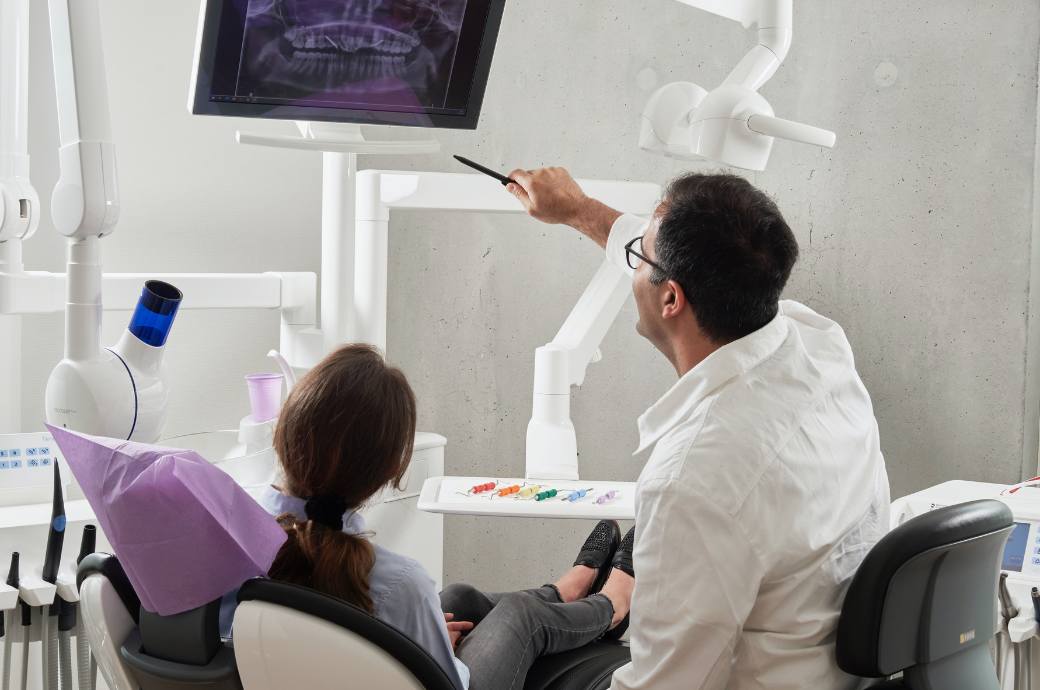
The first step to tackling a fear of the dentist is finding a dental team that makes you feel comfortable. Be open with your dental team about your fear of the dentist and any difficulties you face taking care of your oral health. Talking through your fears and concerns with your dental team may help you pinpoint specific triggers while at your dental appointment.
As you speak with your dental team, think of specific things that cause fear for you. Ask your dental team if you can space out treatments to have shorter visits that allow for less time in the dental chair. Before your visit, ask specific questions about what to expect before, during, and after your visit to help you mentally prepare. Bring a support partner to your appointment for emotional support. Having someone close to you to support and distract, when necessary, can help calm your nerves.
2. Distract Yourself During Your Visit
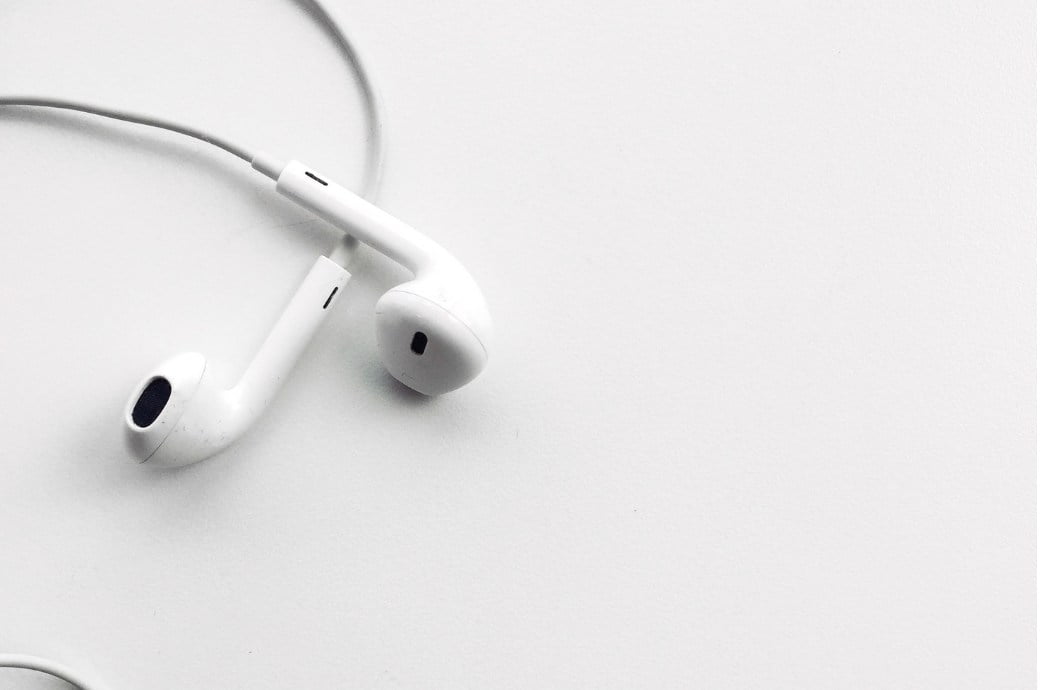
Finding ways to help keep your mind off of your dental procedure may help calm your nerves. If your dental office has a television in the treatment room, ask to watch one of your favorite channels or shows to help keep your mind distracted during your visit. Or, bring headphones to your appointment and listen to a podcast or your favorite music to help keep your mind off of your procedure.
3. Plan a Low-Stress Appointment Time
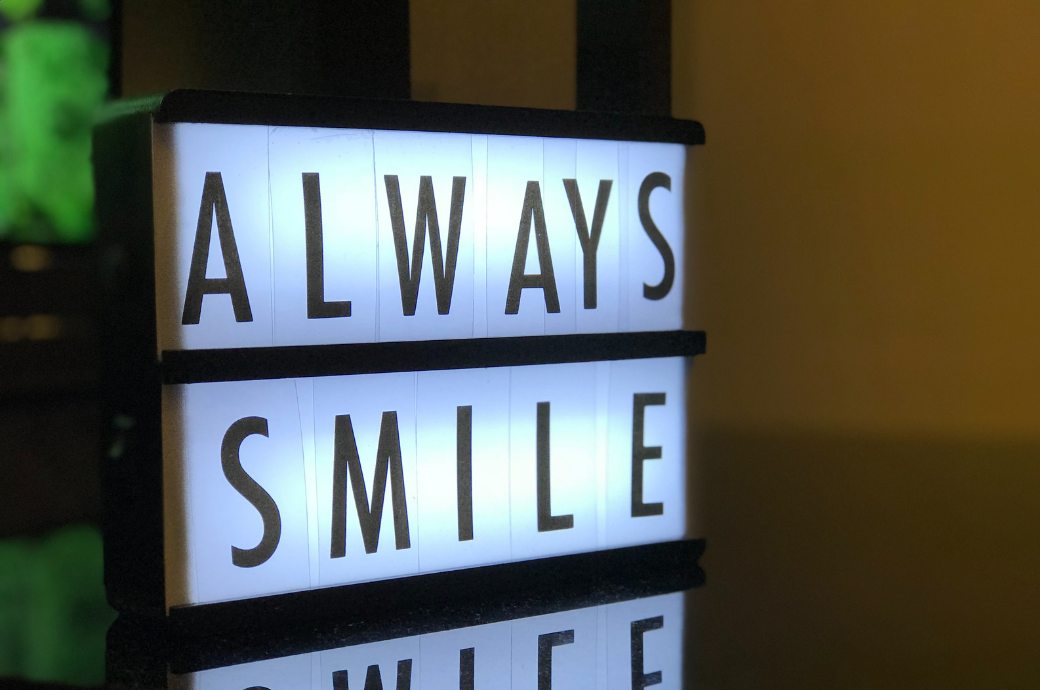
When scheduling your dental appointment, plan a day and time that provides a lot of flexibility to help ensure as little stress as possible. Ask your dental office for an appointment day and time that tends to be slower than other times. While it’s impossible to ensure your appointment starts and stops at an exact time, planning your visit during a slower time can help prevent too many unexpected delays that might further your dental fear.
If possible, take the day off from work to prevent feeling rushed getting to the office on time. Taking the day off will also give you the flexibility to unwind and destress after your appointment. Knowing you can just relax after your visit instead of heading straight to work may help ease some of your dental anxiety. Wearing comfortable clothing can also help you feel more at ease. Bring a jacket or sweater to your appointment in case it feels chilly in the office.
4. Ask Your Dentist About Sedation Options to Help Easy Your Dental Anxiety and Fear
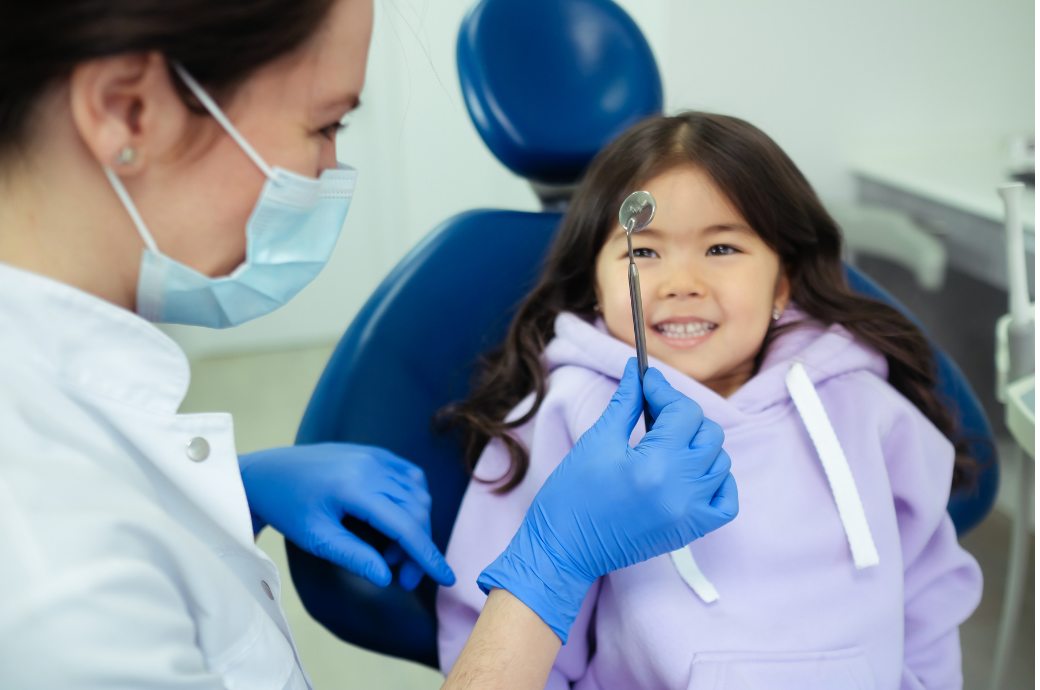
If your fear of the dentist is so severe that it’s preventing you from taking care of your oral health, ask your dentist about different types of dental sedation options to help make your dental visits bearable. However, it’s important to note that if you are pregnant or have other types of medical conditions, it isn’t safe to receive any type of dental sedation. So make sure you disclose your complete medical history to your dental team before your first visit.
Nitrous
Nitrous is a gas you inhale during your dental procedure that helps relax you and calm your nerves. Your dentist will place a mask over your face for the duration of your procedure. Once the procedure is done, your dentist will remove the mask and have you wait in the chair until you feel back to normal. Breathing oxygen for about 5-10 minutes will generally get it out of your system. Nitrous is safe for adults and children and doesn’t require anyone to drive you home after your appointment. If you suffer from any type of lung condition, Nitrous may not be an option. Nitrous is one of the more inexpensive options when it comes to types of dental sedation. One negative side effect is that it may cause nausea, especially in kids.
Anti-Anxiety Medications
Anti-anxiety medications are a prescription from your dentist that you take before your appointment. These medications are generally inexpensive and are pills that you swallow. If you and your dentist decide that anti-anxiety medications are the best form of sedation, someone must drive you to and from your appointment. For the safest results, it’s crucial that you follow all instructions from your dentist before taking the anti-anxiety medication.
Oral Conscious
Oral conscious is generally a medication mixed with nitrous that helps you feel completely out of touch with reality. You are awake during your treatment, but you don’t realize it at the time, and you won’t remember anything. Your dentist may have you take the medication right before your appointment time or as soon as you are at the office. Once you are in the dental chair, they will administer the nitrous. With oral conscious, you must have someone drive you to and from your appointment. This sedation option falls in the medium price range.
IV Sedation
IV sedation is the most extensive type of dental sedation and is usually given by a specialist or anesthesiologist. The anesthesiologist will insert an IV into your arm or hand and will have you count backward, starting at the number 10. With IV sedation, you are completely unconscious during your treatment, and someone must drive you home from your appointment. IV Sedation would also be the only other dental sedation option for kids to help ease their dental fear, aside from Nitrous, but would be considered a last resort and only for children requiring a lot of dental work. IV sedation is generally the most expensive form of dental sedation.
If you struggle with a fear of the dentist, call your dental office today to discuss how they can help you during your appointments. If you don’t currently have a dentist, reach out to friends and family for recommendations on a dentist they love and trust. Hearing their first-hand experiences may help ease some of your initial fear and help you narrow down your search for the right dental team for you. Having a dental team that you trust and feel comfortable with is vital to taking care of your oral health. And don’t forget to take care of your teeth at home by brushing twice a day and flossing daily. Doing your part at home is just as important as visiting your dentist regularly.

Do you struggle with dental anxiety or dental fear? What are some ways that help you cope with your fear of the dentist? Does your fear of the dentist prevent you from taking care of your oral health? Are you considering trying any of these suggestions at your next dental visit? Comment Below!

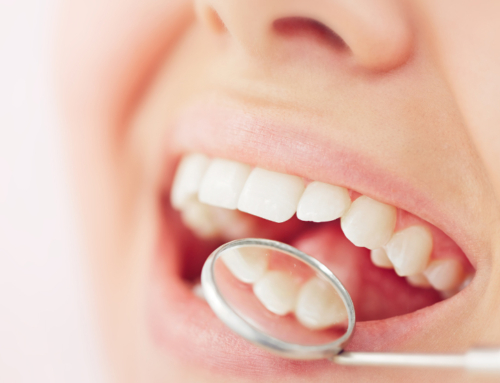



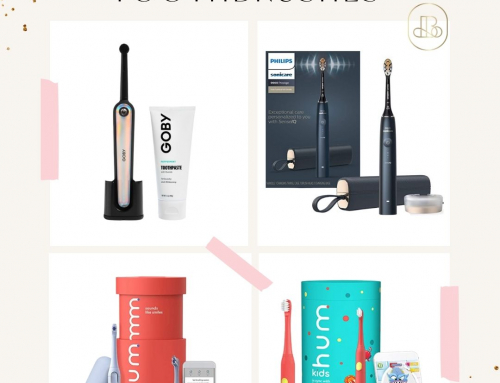
Leave A Comment